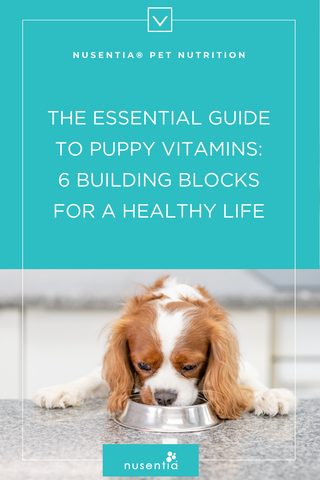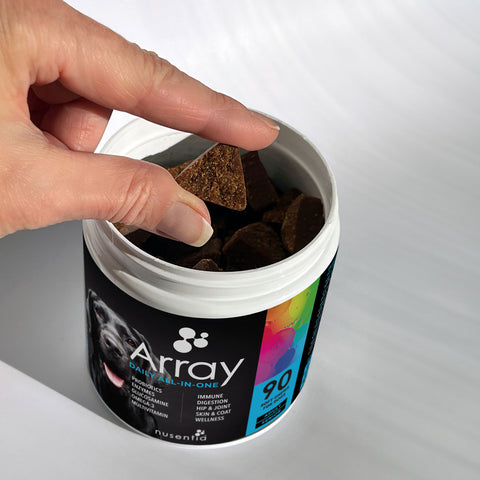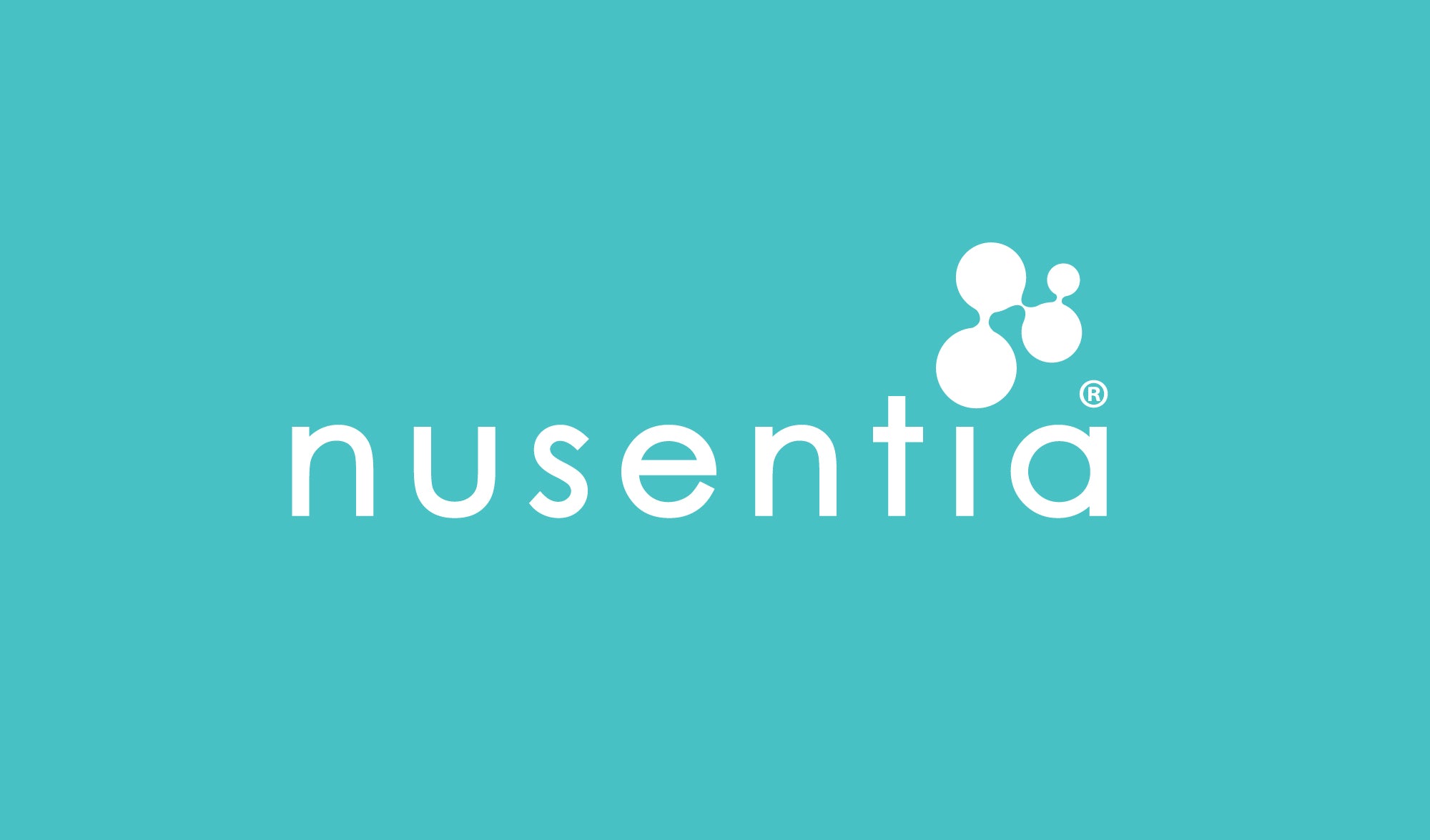Discussing the need for puppy vitamins is crucial, as pet owners often ponder whether their furry companions require additional nutritional supplements. It's common knowledge that commercial puppy foods are already fortified with essential vitamins. However, the question remains: is it beneficial or even necessary to introduce more vitamins into your puppy's diet? Furthermore, understanding which vitamins are paramount for your puppy's health is essential.
These queries are valid, and are a vital part of good puppy care. We're here to provide clarity.
Understanding Vitamins for Dogs
Vitamins, organic compounds vital for maintaining health, play a significant role in a dog's diet. They support growth, metabolism, and overall well-being. Wild dogs obtain their vitamins from various sources, including the raw carcass of prey, plants, and some vitamins produced internally. For example, dogs can synthesize vitamins like vitamin C and B when adequately nourished. Supplemental vitamins can offer additional nutritional support, especially considering the limitations of processed pet food in delivering all necessary nutrients. The Association of American Feed Control Officials (AAFCO) sets minimum nutritional standards for basic health, but for optimal health, supplementing your puppy's diet with essential vitamins can be beneficial.
The Importance of Vitamins for Puppies
During their growth phases, puppies derive immense benefits from vitamin supplementation. Adequate nutrition is fundamental for the development of their eyes, brain, gut, bones, and joints, contributing to a healthy and vibrant life. Timing the introduction of specific nutrients, especially for large breed puppies, is critical to avoid rapid bone growth that can lead to health issues. Conversely, small breed puppies may thrive on diets richer in amino acids and protein. It's important to adjust your puppy's vitamin intake as they mature, tailoring it to their evolving needs.
Essential Vitamins for Puppy Growth
- Vitamin A
- B Vitamins (including biotin, niacin, pantothenic acid, riboflavin, thiamine, pyridoxine, and vitamin B-12)
- Folic Acid
- Boron
- Vitamin D
- Choline
Vitamin A for Healthy Puppy Development
Vitamin A, crucial for puppies, supports growth and is best absorbed with meals that contain fats. It's stored in the body's fatty tissues and utilized as needed. Known for its antioxidant properties, vitamin A promotes healthy immune function and vision. A moderate supplement can be beneficial during your puppy's growth phase.
The Role of B Vitamins in Puppy Health
The spectrum of B vitamins supports a myriad of physiological functions, impacting both physical and mental health significantly. While puppies can produce some B vitamins, supplementation can enhance their overall well-being.
Folic Acid: A Vital Nutrient
As a member of the B vitamin family, Folic Acid is essential for neural development and the formation of muscles and tissues. Though present in dog food, liquid forms of Folic Acid are more effectively absorbed.
The Importance of Boron in Bone Development
Boron plays a critical role in bone strength by aiding calcium binding to the bones, which is especially important during the growth phases of puppies.
Vitamin D for Strong Bones
Vitamin D is key for the absorption of calcium and phosphorus, crucial elements for bone development. A daily supplement of this fat-soluble vitamin supports healthy skin and a robust skeletal structure.
Choline for Brain Health
Choline, vital for the development of the brain and nervous system, is a critical nutrient during the early years of your dog's life. While not technically a vitamin, its nutritional value is immense, and supplementing it can support healthy brain development.
Bonus: Probiotics for gut development
Probiotics may not be a vitamin, but they play a crucial role in supporting a puppy's digestive health and immune system during their formative stage. These beneficial bacteria help maintain a healthy balance of microflora in the gut, promoting optimal nutrient absorption and protecting against pathogens — they even assist in the production of B vitamins.

Introducing probiotics early in a puppy's life can aid in preventing gastrointestinal issues, such as diarrhea and constipation, and contribute to a stronger immune response. As puppies explore their environment and transition to solid foods, supplementing their diet with high-quality probiotics can be an essential step towards ensuring their long-term health and well-being. Probiotic Miracle® is ideal for puppies as it contains no additional ingredients, fillers or flavors, which could interfere with your puppy's developing body.
Always consult with a veterinarian before starting any new supplement to ensure it's appropriate for your puppy's specific needs and dietary requirements.
Choosing the Right Multivitamin for Your Puppy
It's essential to select puppy-appropriate vitamins to avoid potential harm from additives found in human supplements. Nusentia® offers a unique and healthy vitamin chew which includes all the above mentioned vitamins plus the benefits of probiotics and digestive enzymes. Array Daily chews is perfect for puppies ages one and up. Consulting with your veterinarian is crucial to ensure the chosen supplement is suitable for your puppy's needs. Keep in mind that a puppy's requirements change as they grow, so periodic consultations with your vet are recommended.

To support the health needs of puppies and young adult dogs, consider exploring Nusentia's® Array chews designed to cater to the nutritional needs for puppies and dogs age one and up.
References
To deepen your understanding of the essential vitamins for dogs, the following studies offer comprehensive insights:
Weidner N, Verbrugghe A. "Current knowledge of vitamin D in dogs." Crit Rev Food Sci Nutr. 2017; 57(18):3850-3859. DOI.
Morris PJ, Salt C, Raila J, Brenten T, Kohn B, Schweigert FJ, Zentek J. "Safety evaluation of vitamin A in growing dogs." Br J Nutr. 2012; 108(10):1800-9. DOI.
Kritikos G, Parr JM, Verbrugghe A. "The Role of Thiamine and Effects of Deficiency in Dogs and Cats." Vet Sci. 2017; 4(4):59. DOI.
Lenox CE, Bauer JE. "Potential adverse effects of omega-3 Fatty acids in dogs and cats." J Vet Intern Med. 2013; 27(2):217-26. PubMed.
Grześkowiak Ł, Endo A, Beasley S, Salminen S. "Microbiota and probiotics in canine and feline welfare." Anaerobe. 2015; 34:14-23. DOI.
For natural, trusted pet health supplements with proven formulas to improve your furry friend's overall health, visit Nusentia, a brand trusted by veterinarians and pet parents alike since 2008.





